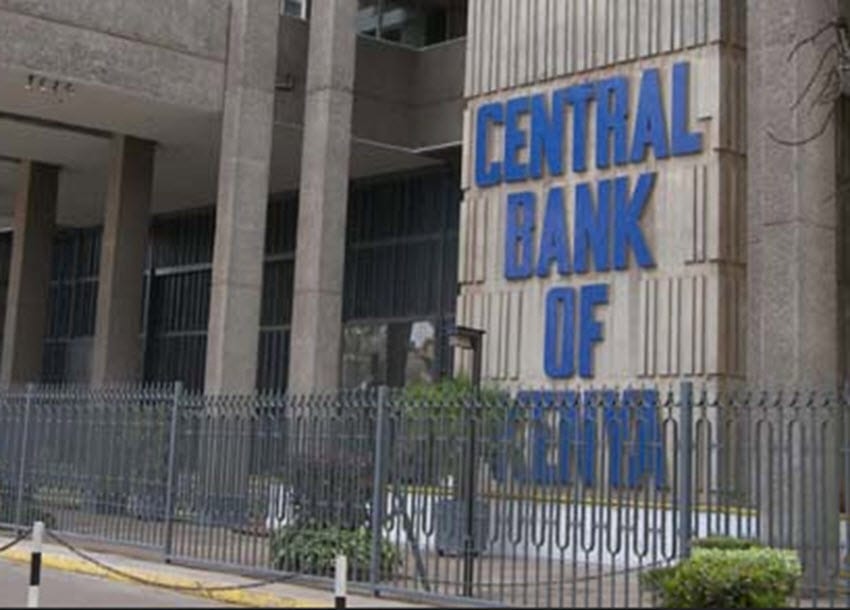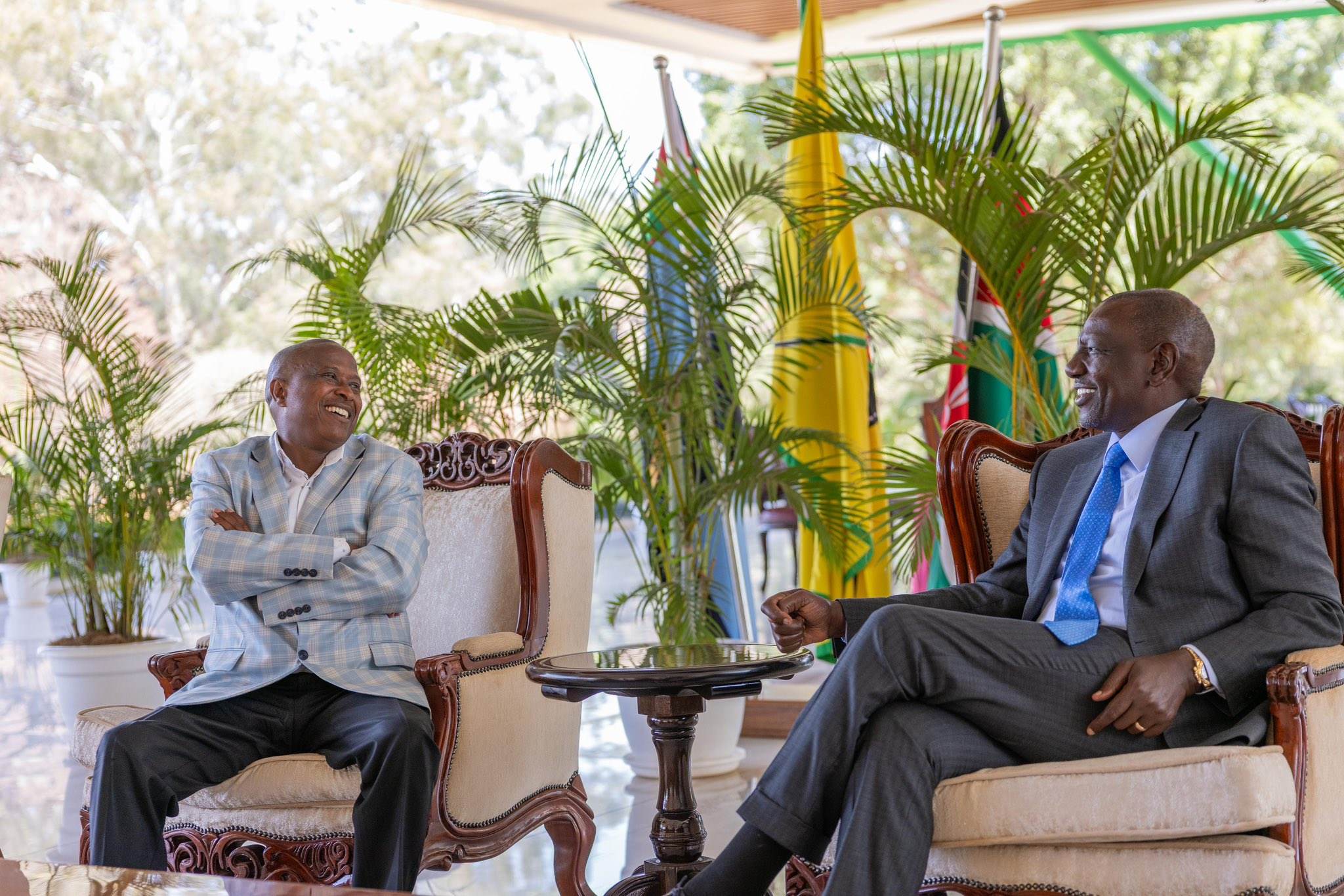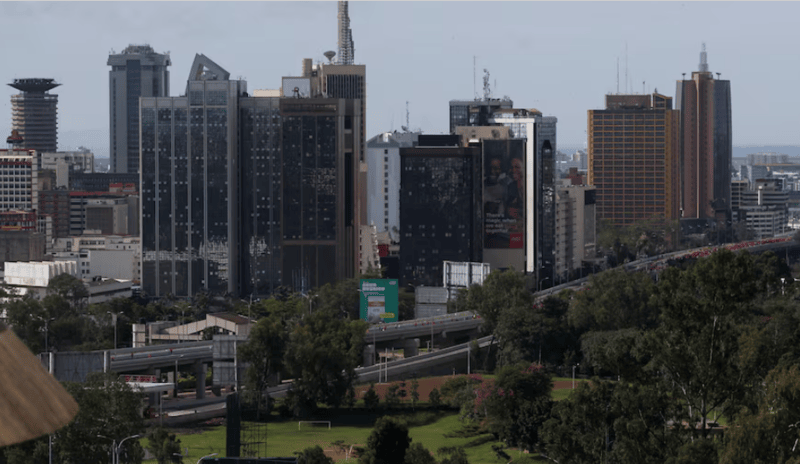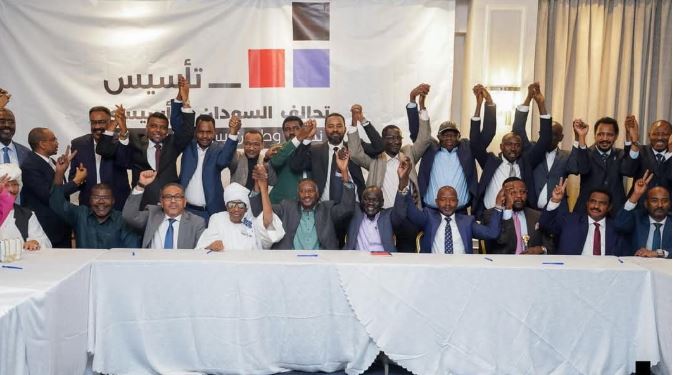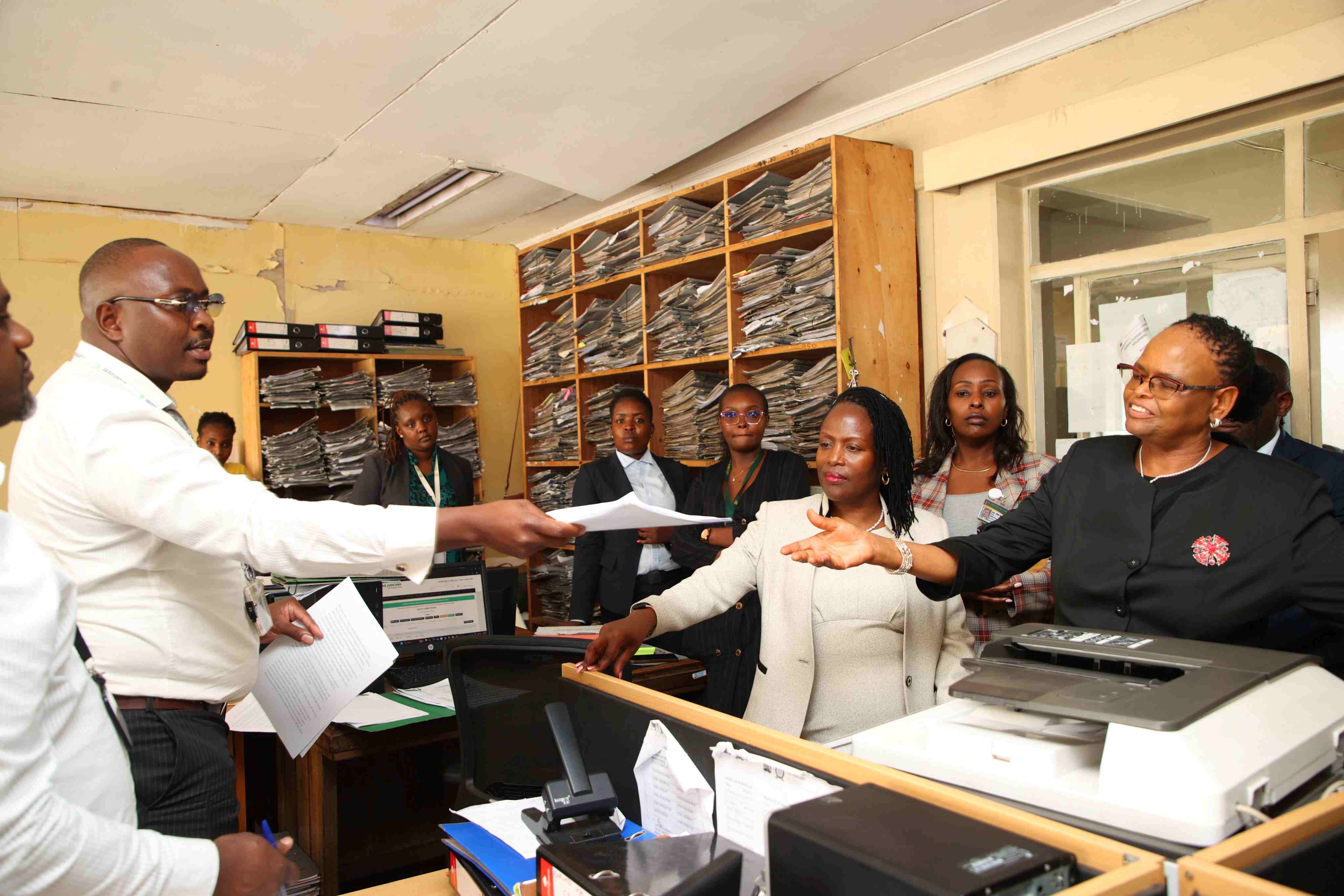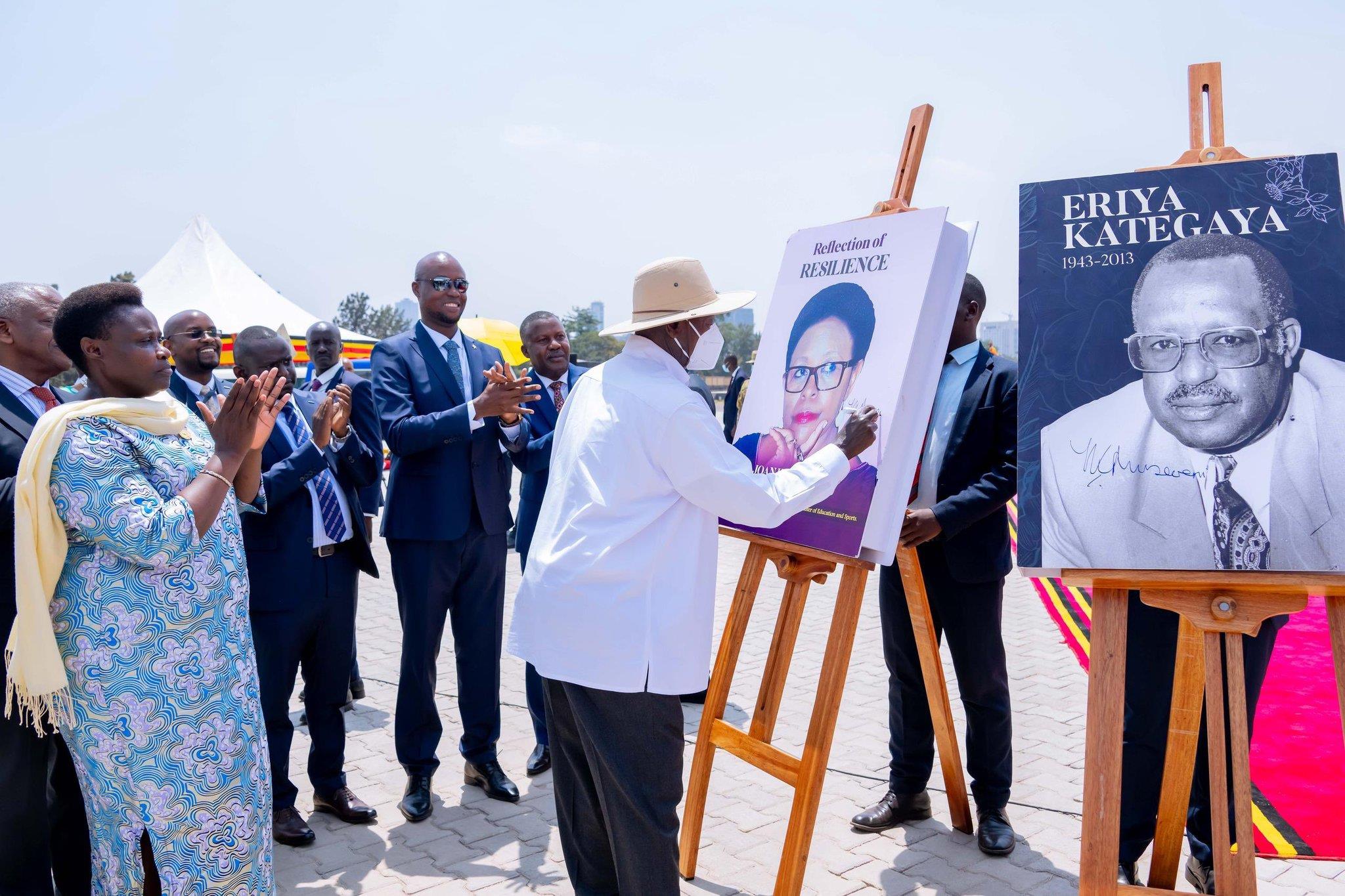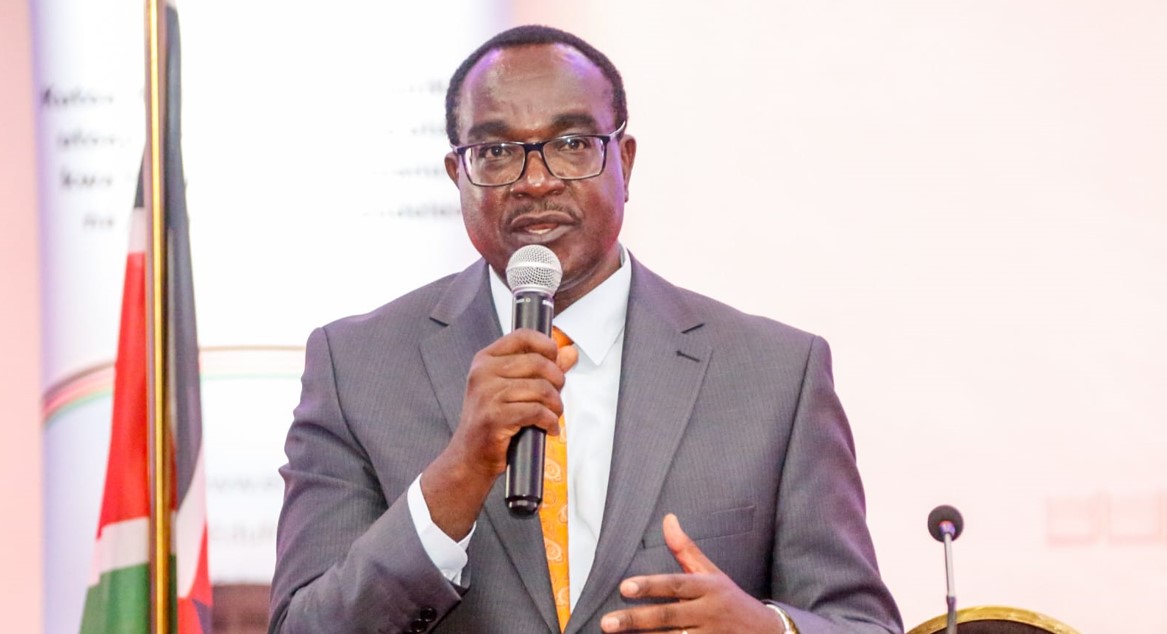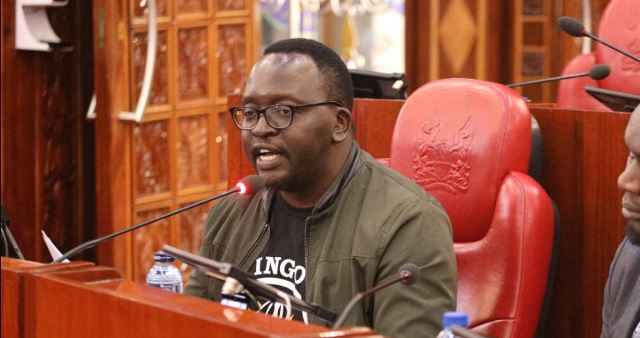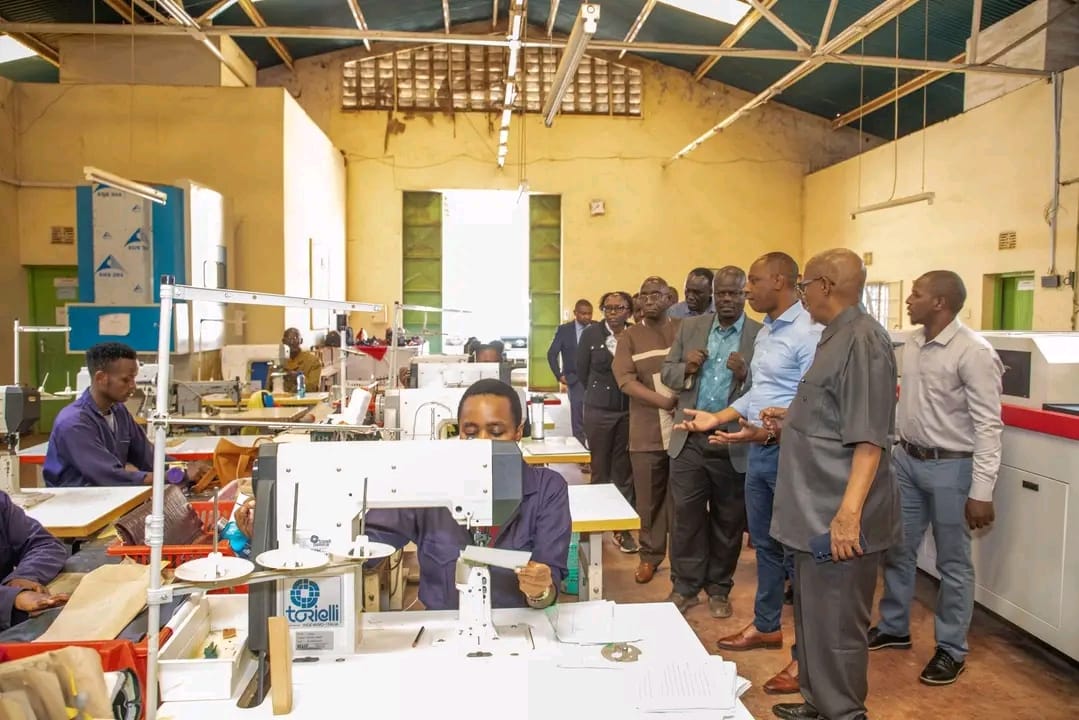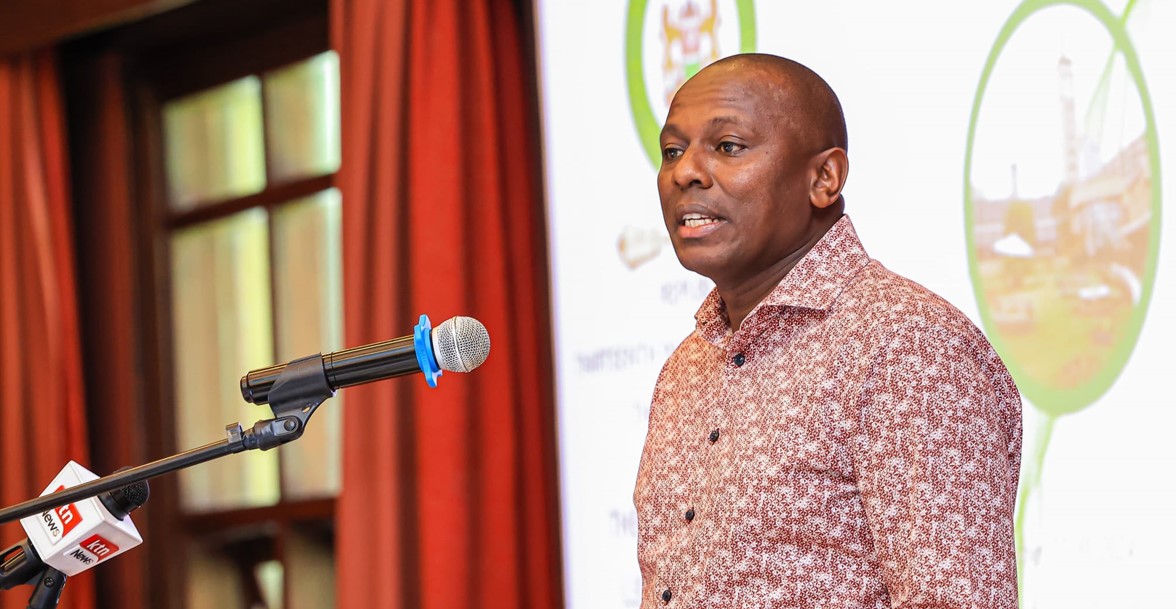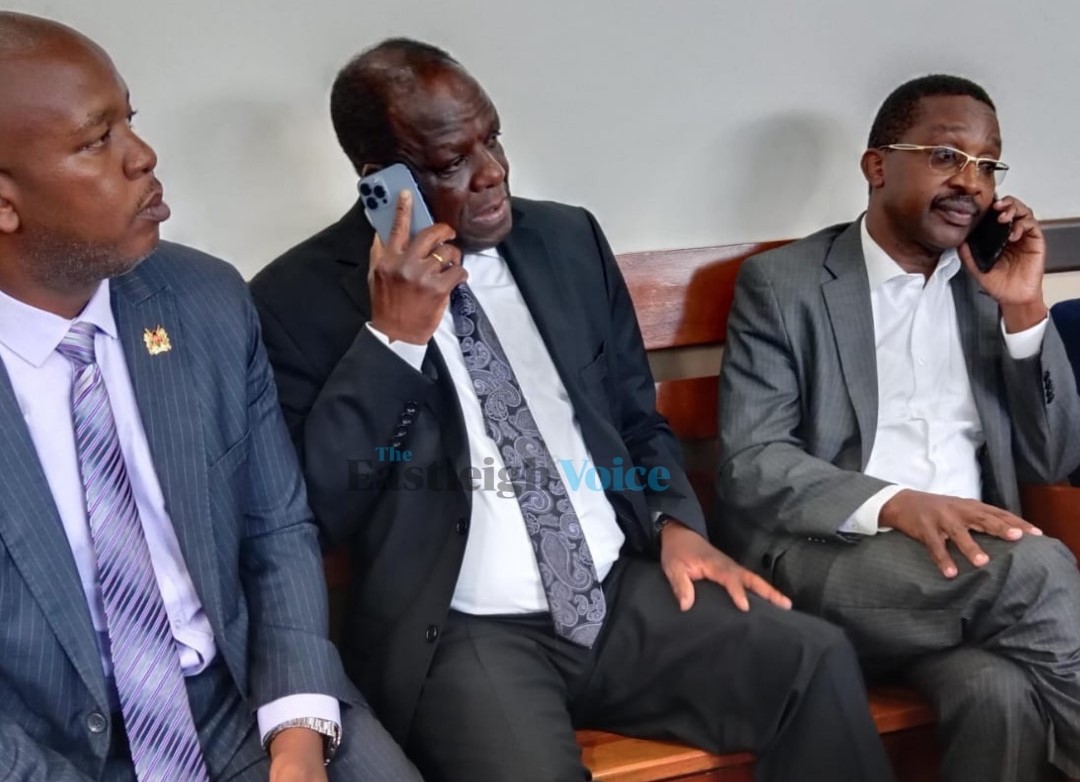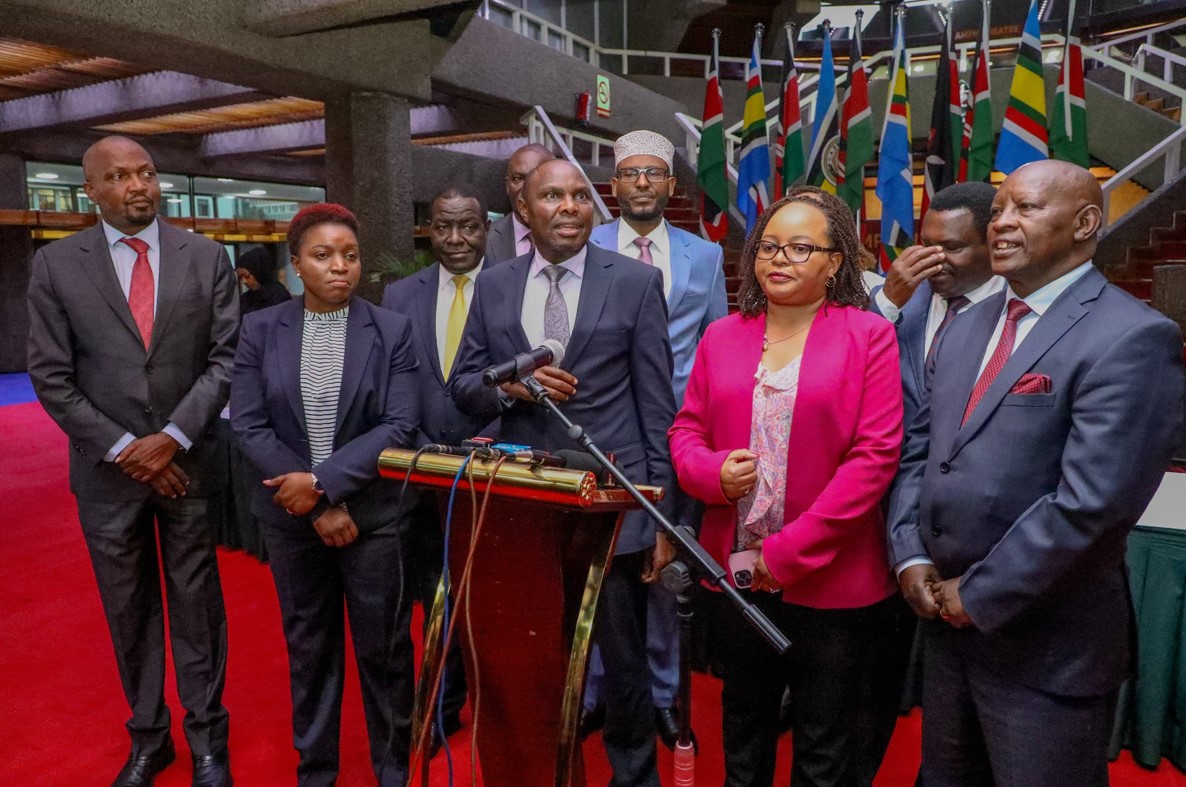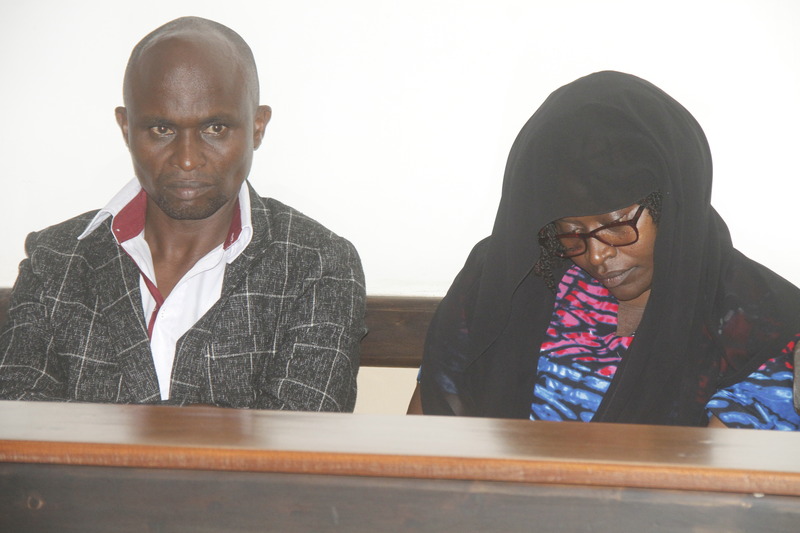Mbadi: Kenyans are not overtaxed, figures are being misrepresented
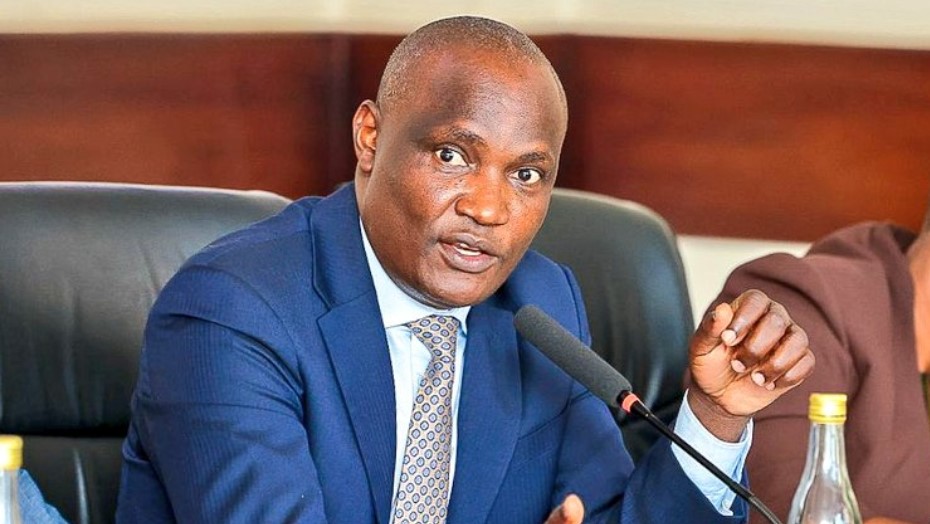
Concerns over taxation deepened this week after the National Social Security Fund (NSSF) announced a six per cent increase in contributions, with employees and employers expected to match the amounts equally.
Treasury Cabinet Secretary John Mbadi has dismissed claims that Kenyans are overtaxed, arguing that the current tax regime is not as burdensome as critics suggest.
Mbadi maintained that concerns over excessive taxation were being exaggerated and urged Kenyans to evaluate the figures objectively.
More To Read
- Auditor General: 47,300 Government employees taking home less than legal salary limit
- KRA announces start of reforms to enhance efficiency, grow tax base
- Registration of new business ventures drops 7.6pc as investors hold back
- Gachagua pushes his 'key' address to February 9 after nationwide consultations
In a detailed presentation on the state of the economy during the National Assembly Mid-Term Retreat in Naivasha, the CS outlined the tax burden on individuals earning Sh60,000 per month, a salary bracket considered part of Kenya’s middle class.
He explained that additional deductions under the Housing Levy and the Social Health Insurance Fund (SHA) were minimal and did not amount to over-taxation.
“If you are earning Sh60,000, the additional taxes you pay are the Housing Levy at 1.5 per cent and SHA at 2.75 per cent. Combined, this amounts to 4.25 per cent, which is Sh2,550,” he said.
He further argued that without these deductions, individuals would have paid 30 per cent of their income in other taxes.
However, with the new adjustments, he noted, the 30 per cent remained unchanged, and the only additional cost was 70 per cent of Sh2,550, translating to Sh1,785.
He also compared the new SHA deductions to the previous National Hospital Insurance Fund (NHIF) contributions, pointing out that an individual earning Sh60,000 used to pay Sh1,700 monthly.
“When you remove that from the Sh1,785, you are only paying Sh85 more. Is that over-taxation?” he posed.
His remarks come at a time when Kenyans are increasingly frustrated by the rising cost of living and higher salary deductions.
The government has faced criticism over multiple levies introduced through the 2023 Finance Act, including the Housing Levy and SHA, which some argue are burdening workers.
Despite the backlash, Mbadi insisted that the government was being transparent about taxation and accused critics of pushing a misleading narrative.
“Those of us in government will now expose this narrative so that people can understand that it is not as bad as it is being portrayed,” he said.
The Finance Minister’s defence of the new taxes comes as the government pushes to finance its ambitious development agenda, including affordable housing and universal healthcare.
However, critics, including opposition leaders and some economists, argue that the cumulative effect of these levies, combined with rising inflation, is reducing disposable incomes and slowing economic growth.
Other Topics To Read
Concerns over taxation deepened this week after the National Social Security Fund (NSSF) announced a six per cent increase in contributions, with employees and employers expected to match the amounts equally.
From February 1, minimum monthly contributions rose from Sh420 to Sh480, while high-income earners saw their contributions double from Sh2,160 to Sh4,320.
At the same time, concerns over the SHA have prompted lawmakers to call for a review of the means-testing tool used to determine contributions.
Addressing boda boda operators in Embu on Saturday, Deputy President Kithure Kindiki assured Kenyans that the government was listening to their concerns and would make adjustments to ensure fair contributions.
“We want to push that figure upwards so that every Kenyan will have a medical cover card. It will help you whether employed or not and whether you are poor or rich,” Kindiki said, revealing that 18.5 million Kenyans had already registered under SHA, compared to nine million under the now-defunct NHIF.
He assured Kenyans that the government would adjust the Means Testing Tool to prevent unfair payments.
“Don’t be worried, we are listening to the feedback you are giving us. We are a listening government, and we will adjust whatever everyone pays to ensure Kenyans are comfortable and happy with what the government is offering,” he said.
Meanwhile, Medical Services Principal Secretary Harry Kimtai and Social Health Authority Board Chairman Abdi Mohamed have urged MPs to support the SHA programme by mobilising their constituents to register.
“We are calling on you as leaders to take this message to your constituents. Your endorsement and active involvement are critical to bridging the gap between the government and the people,” Abdi said.
The government is banking on the SHA to provide universal healthcare, but concerns remain over its implementation and impact on household incomes.
Top Stories Today
